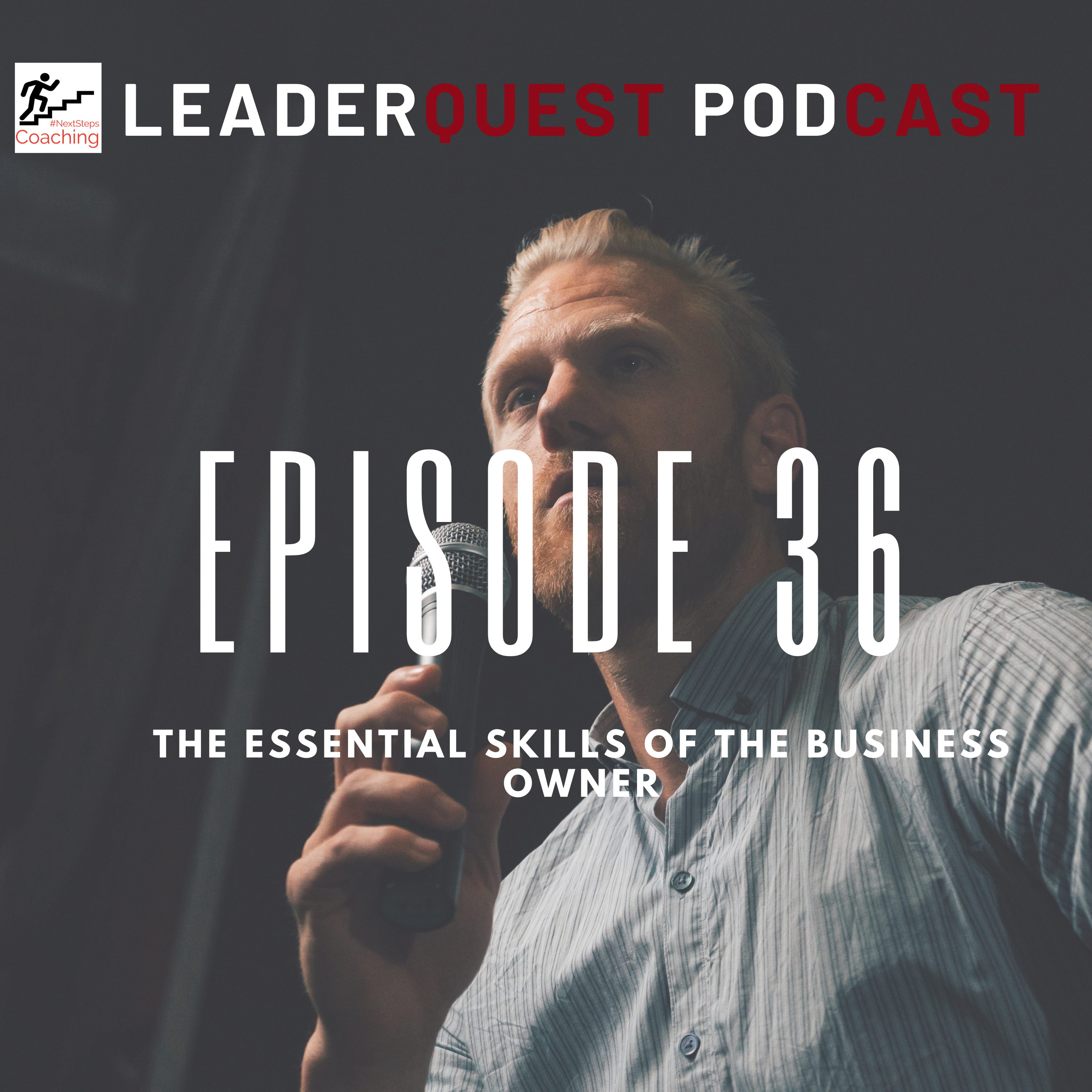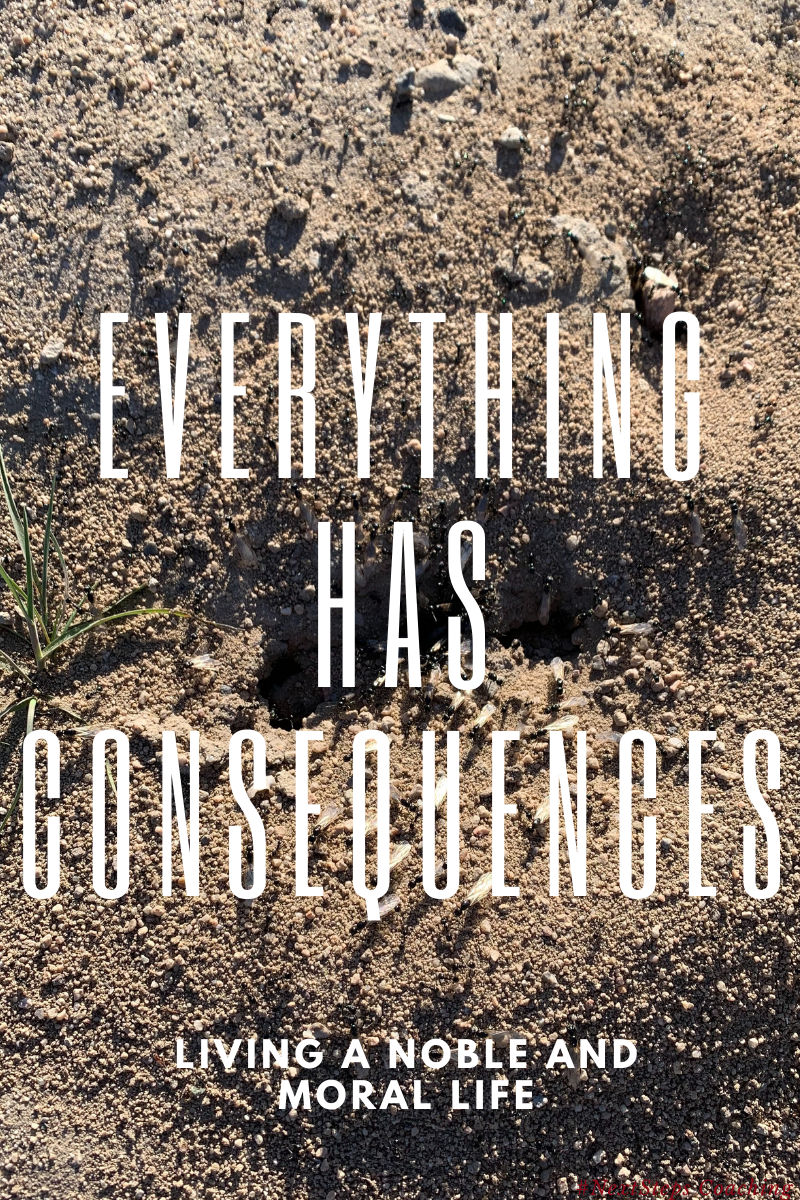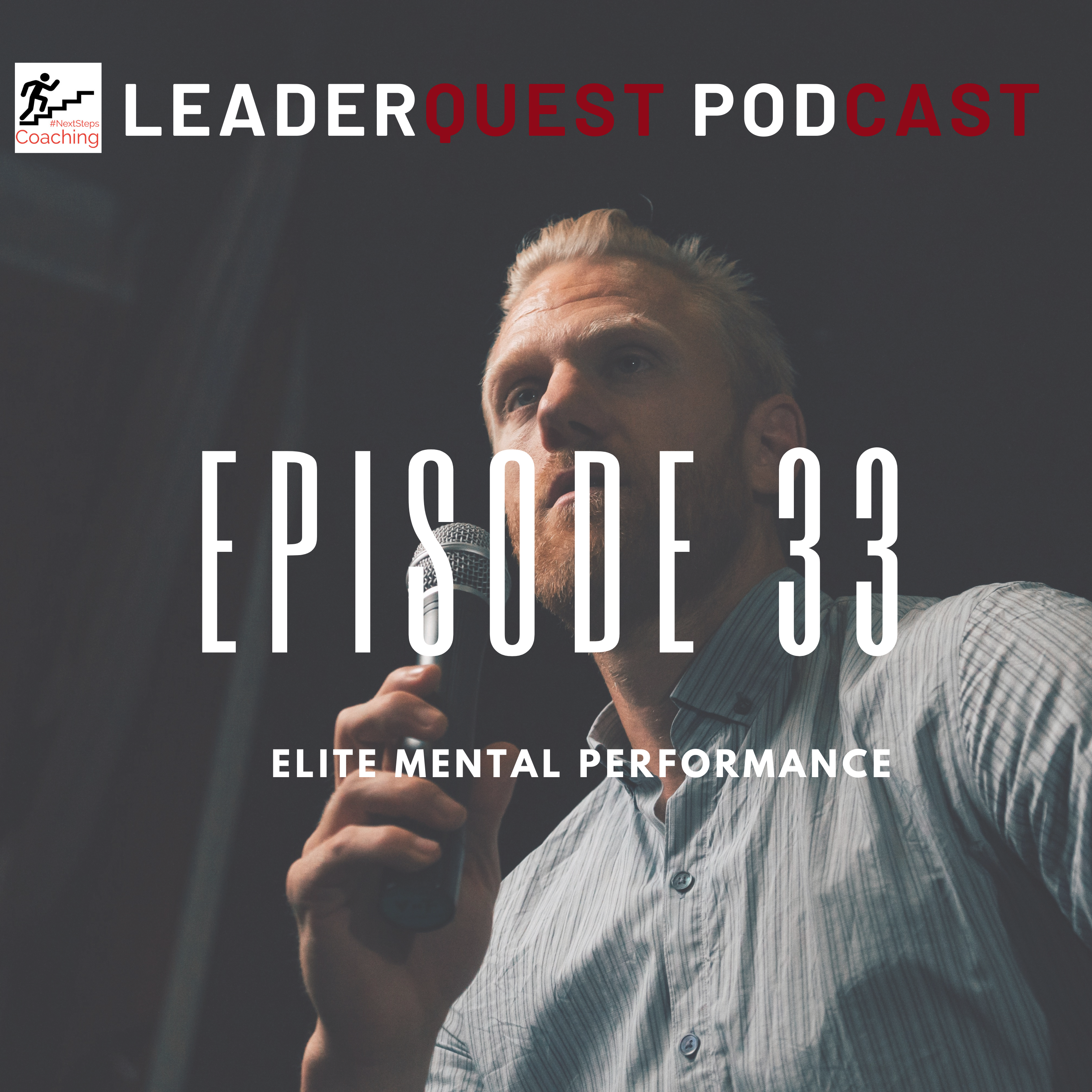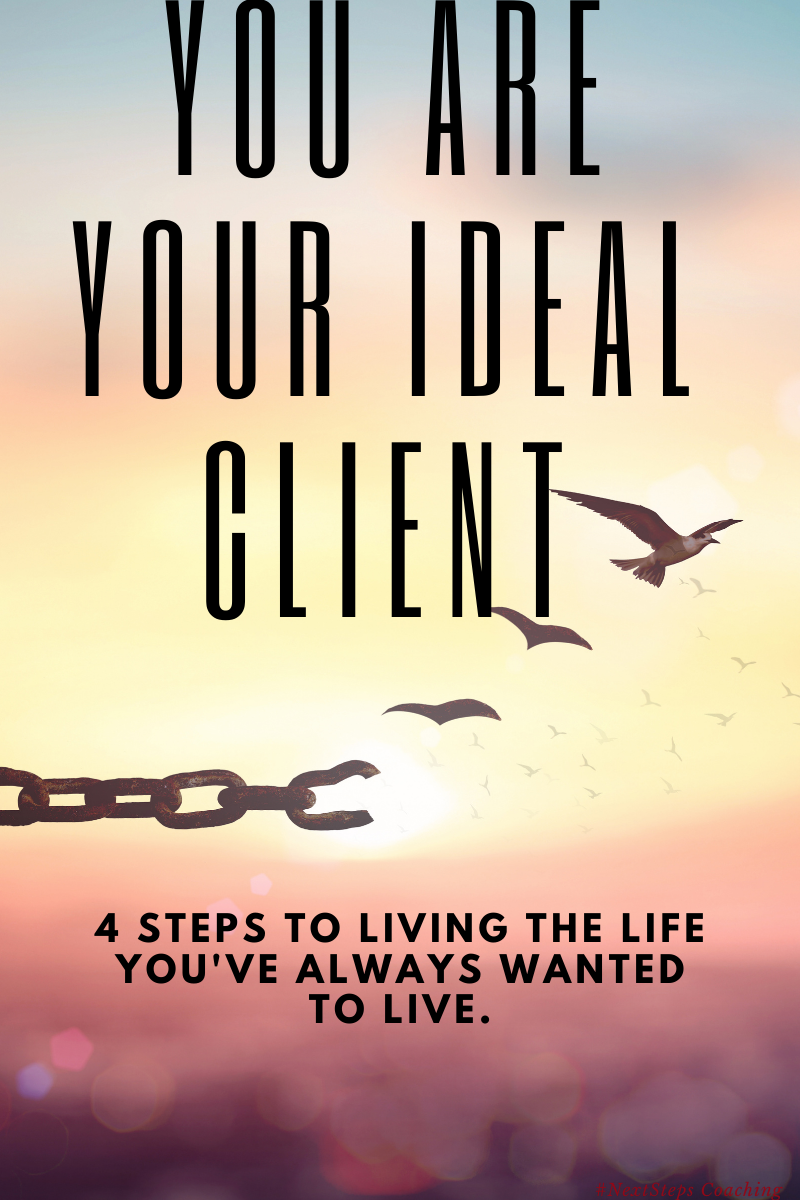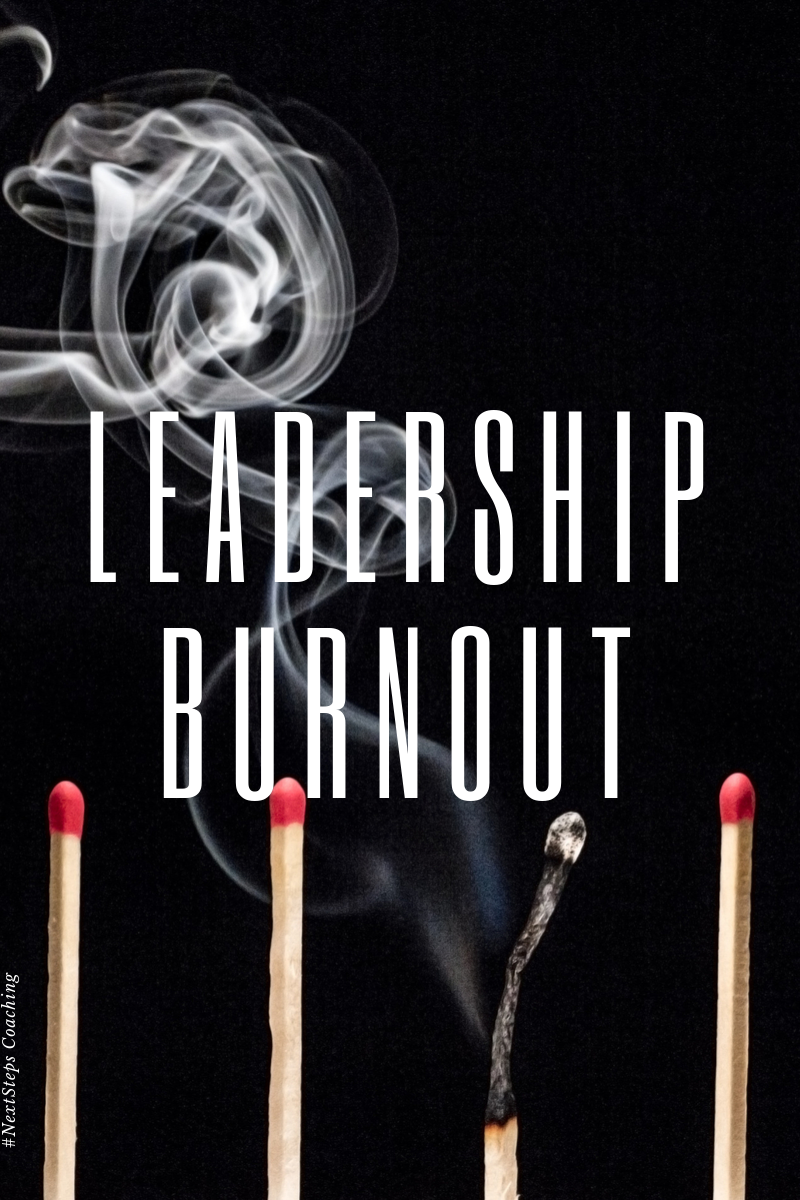
An Introduction to Burnout (Part 1)
Over the next several weeks, I want to provide an overview and examination of leadership burnout. With the world quickly changing in 2020 and 2021, burnout has unsurprisingly been on the rise. Here are some things you need to know.
A Basic Understanding of Burnout
In May of 2014, with the last speaker winding up his talk in the main auditorium, I sat just outside the building in tears.
The past week had been eye-opening. As I sat with my wife trying to process everything, I came to a realization: I was all alone. 
At the time, I was serving as the pastor of a small church in a large city. The past year-and-a-half had seen me transition from a one-year contracted associate to the lead person when the other pastor stepped down. The church was dying, marred by years of unhealthy leadership and unsustainable practices.
I had reached out to other leaders and superiors at other churches and was told there wasn’t much they could do. Their resources and energy was going to be spent elsewhere.
I started doctoral school to try to find answers. What I found, were more questions. The passion in my soul to help others was not happening. Instead, I seemed to be facing mounting frustration, fear, and failure.
Is this how all leaders feel? I wondered.
Discovering Burnout
Burnout, at least in the course of my own educational journey, was never talked about. I took classes in dynamic leadership, speaking, counseling, Greek, Hebrew, and social justice. Never once was burnout mentioned.
In May of 2014, I wasn’t burnt out … yet … but I also knew I couldn’t continue with “business as usual.”
I reached out to a professional counselor I knew. He was a professor at the school where I did my master’s program.
“How do you all avoid burnout?” I asked.
His response changed my life.
“We talk about it. We talk about it a lot. From early on and throughout the program we frame it as an ethical mandate and don’t give people a choice. We tell them from day one that they have an ethical mandate and responsibility to themselves, their clients, and to God to be healthy in all areas of their life.”
What is burnout?
Burnout is a psychological condition resulting from chronic work-related stress and has three central factors: emotional exhaustion, depersonalization, and lack of personal accomplishment.1
The trouble with burnout is not only the personal aspect of damage it can cause but the relational and financial aspects as well. Burnout is difficult to pin down because it can occur at any time and with little warning.
There are two primary foci that need to be addressed to create a long-term sustainable solution to burnout in leadership. One focus is the personal sphere, something that encompasses the totality of our humanity. Later in the series, we’ll talk about the pictured pyramid (pictured below) and how we can use it to effectively fight against burnout.
The second area affected by burnout is the cultural dimension of work. This is what is so often overlooked.
Maslach and Leiter in their book The Truth About Burnout highlight the great disservice that is done when burnout is discussed only in terms of the personal sphere:
“The conventional wisdom is that burnout is primarily a problem of the individual. That is, people burnout out because of flaws in their characters, behavior, or productivity. According to this perspective, people are the problem, and the solution is to change them or get rid of them. But our research argues most emphatically otherwise. As a result of extensive study, we believe that burnout is not a problem of the people themselves but of the social environment in which people work. The structure and functioning of the workplace shape how people interact with one another and how they carry out their jobs. When the workplace does not recognize the human side of work, then the risk of burnout grows, carrying a high price with it.”2 (Emphasis retained)
The Wrap-Up
To effectively address burnout, we must talk about both the cultural and personal aspects it entails. We will do this in future blog posts.
If you or someone you know is facing burnout, please get help. Email me to set up your first appointment.
Looking for more ways to fight against burnout? Here are 50 self-care tips.
—
References:
1: Miner, M. H. (2007). Burnout in the first year of ministry: Personality and belief style as important predictors. Mental Health, Religion & Culture, 10(1), 17-29. doi:10.1080/13694670500378017
2: Maslach, C., & Leiter, M. P. (1997). The truth about burnout: How organizations cause personal stress and what to do about it. San Francisco, CA: Jossey-Bass.
